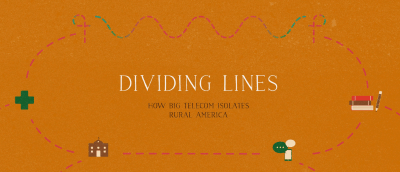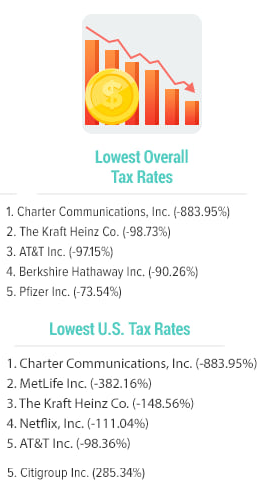 Cable companies continue to dominate the U.S. broadband marketplace, and the gap between cable broadband and telephone company DSL continues to widen.
Cable companies continue to dominate the U.S. broadband marketplace, and the gap between cable broadband and telephone company DSL continues to widen.
Leichtman Research Group reports the top seven cable companies together added 728,423 internet customers in the last three months, an increase of 35% over 2017. One of the biggest gainers was Comcast, which grew 363,000 subscribers during the third quarter. At the same time last year Comcast added 213,000 customers. Charter Spectrum grew by 308,000 customers in the third quarter, bolstered by speed upgrades in select areas and more aggressive promotions. At the same time in 2017, Spectrum added 285,000 customers.
Cable’s gains are phone company losses. AT&T, Frontier, CenturyLink, and Consolidated (formerly FairPoint) saw 159,974 customers disconnect service in the last three months. Phone company losses were buffered in part by government-funded rural broadband expansion campaigns, which typically introduce broadband service in rural areas for the first time. Where customers have a choice, they are increasingly choosing cable companies to supply internet service because speed and reliability are often better, especially compared to DSL service still prevalent in a lot of areas.
| Broadband Providers | Subscribers at end of 3Q 2018 | Net Adds in 3Q 2018 |
| Cable Companies | ||
| Comcast | 26,872,000 | 363,000 |
| Charter | 24,930,000 | 308,000 |
| Cox* | 5,040,000 | 20,000 |
| Altice | 4,096,300 | 14,200 |
| Mediacom | 1,260,000 | 9,000 |
| WOW (WideOpenWest) | 755,100 | 7,300 |
| Cable ONE | 660,799 | 6,923 |
| Total Top Cable | 63,614,199 | 728,423 |
| Phone Companies | ||
| AT&T | 15,746,000 | (26,000) |
| Verizon | 6,958,000 | 2,000 |
| CenturyLink^ | 5,435,000 | (71,000) |
| Frontier | 3,802,000 | (61,000) |
| Windstream | 1,015,000 | 8,300 |
| Consolidated^^ | 781,912 | (1,974) |
| Cincinnati Bell^^^ | 310,700 | 200 |
| Total Top Telco | 34,048,612 | (149,474) |
| Total Top Broadband | 97,662,811 | 578,949 |
Sources: The Companies and Leichtman Research Group, Inc.
*LRG estimate
^CenturyLink only reported residential subscribers in 3Q 2018. LRG estimate including non-residential subscribers
^^Consolidated includes a minor sale of a local exchange carrier
^^^Cincinnati Bell does not include the acquisition of Hawaiian Telecom
Company subscriber counts may not solely represent residential households. Top cable and telephone companies represent approximately 95% of all subscribers.


 Subscribe
Subscribe From the producers of Dividing Lines:
From the producers of Dividing Lines: From the producers of Dividing Lines:
From the producers of Dividing Lines:
 WASHINGTON (Reuters) – The U.S. Supreme Court on Monday refused a request by the Trump administration and the telecommunications industry to wipe away a lower court decision that had upheld Obama-era net neutrality rules aimed at ensuring a free and open internet, though the justices’ action does not undo the 2017 repeal of the policy.
WASHINGTON (Reuters) – The U.S. Supreme Court on Monday refused a request by the Trump administration and the telecommunications industry to wipe away a lower court decision that had upheld Obama-era net neutrality rules aimed at ensuring a free and open internet, though the justices’ action does not undo the 2017 repeal of the policy.
